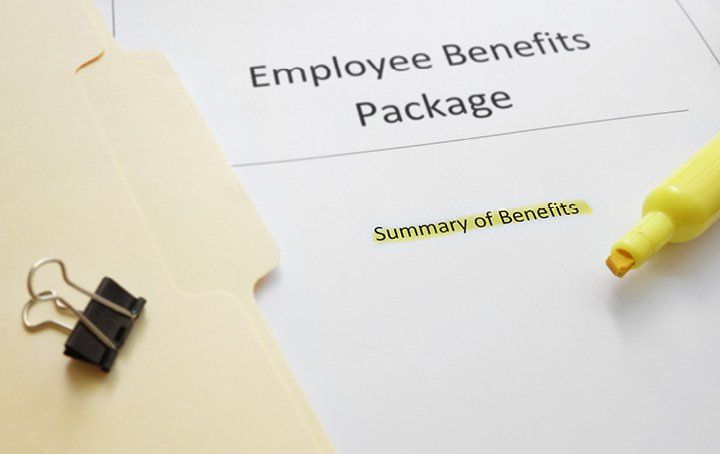FBT 2025: Reducing the FBT record keeping burden

The Fringe Benefits Tax (FBT) year ends on 31 March 2025. We’ve outlined the hot spots for employers and employees.
Reducing the FBT record keeping burden
Record keeping for FBT purposes can be onerous. From 1 July 2024 however, your business will have a choice to keep using the existing FBT record keeping methods, use existing business records where those records meet the requirements set out by the legislative instrument, or a combination of both methods:
• Travel diaries – see LI 2024/11
• Living-away-from-home-allowance – FIFO/DIDO declarations – see LI 2024/4
• Living-away-from-home – maintaining an Australian home declaration – See LI 2024/5
• Otherwise deductible rule – expense payment, property or residual benefit declaration – See LI 2024/6
• Otherwise deductible rule – private use of a vehicle other than a car declaration – See LI 2024/7
• Car travel to an employment interview or selection test declaration – See LI 2024/14
• Remote area holiday transport declaration – See LI 2024/10
• Overseas employment holiday transport declaration – See LI 2024/13
• Car travel to certain work-related activities declaration – See LI 2024/9
• Relocation transport declaration – See LI 2024/12
• Temporary accommodation relating to relocation declaration – See LI 2024/8
FBT housekeeping
It can be difficult to ensure the required records are maintained in relation to fringe benefits – especially as this may depend on employees producing records at a certain time. If your business has cars and you need to record odometer readings at the first and last days of the FBT year (31 March and 1 April), remember to have your team take a photo on their phone and email it through to a central contact person – it will save running around to every car, or missing records where employees forget.
Need Help with your Business, Bookkeeping, Tax or SMSF requirements?
If you would like a little help, please get in touch with us for assistance. We can help with your business, bookkeeping, tax and SMSF requirements.
Please also note that many of the comments in this publication are general in nature and anyone intending to apply the information to practical circumstances should seek professional advice to independently verify their interpretation and the information’s applicability to their particular circumstances. Should you have any further questions, please get in touch with us for assistance with your SMSF, business, bookkeeping and tax requirements. All rights reserved. Brought to you by RGA Business and Tax Accountants. Liability Limited by a scheme approved under Professional Standards Legislation.















